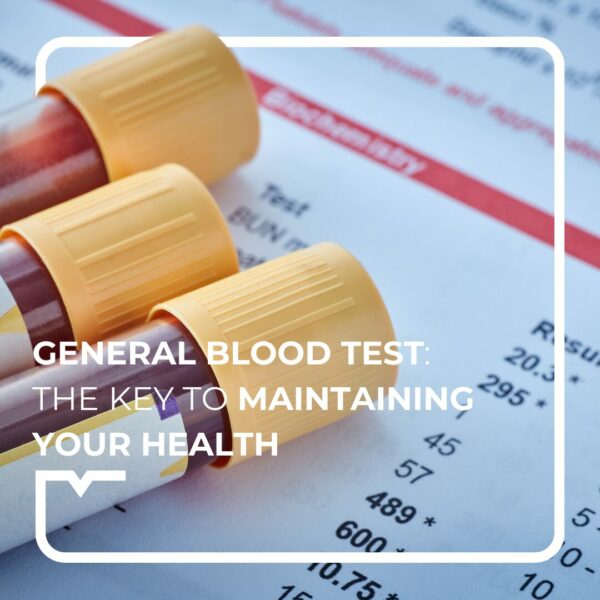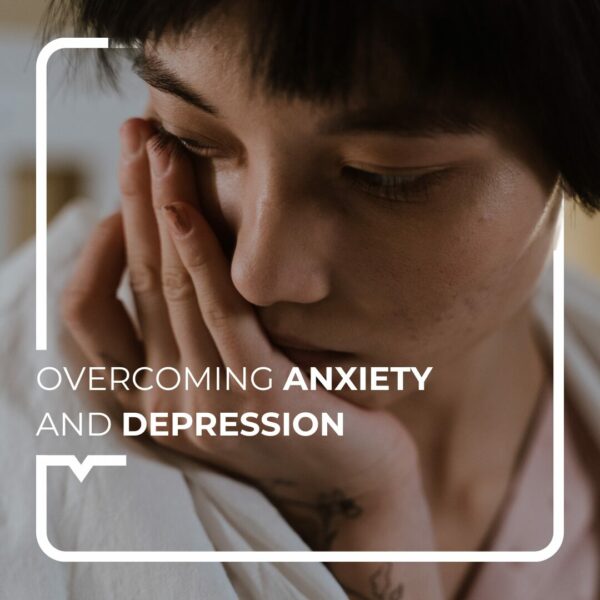If you’ve ever felt that knot in your stomach at the thought of speaking in front of a crowd, don’t worry, you’re not the only one.
You’ve been preparing for days, you know the topic by heart, but you’re more doubtful than ever because you’re afraid to speak in public. It seems impossible… You probably suffer from glossophobia…
Hi, I’m Dr Joy and in this article, I’m going to explore in more detail how you can use gentle techniques to become a more relaxed speaker.
1. Glossophobia or fear of public speaking
Often referred to as glossophobia, this fear, derived from the ancient Greek “glôssa” (tongue) and “phobos” (fear), is one of the most common phobias, accounting for 19% of all phobias.
This fear affects as many as 75% of us. If this is your case, you should know that you are not alone.
2. Why are we afraid of public speaking?
This fear is often the result of a combination of other fears, such as :
- Fear of failure, which often plays a major role. The fear of not meeting the audience’s expectations, of making mistakes or losing control of the situation can lead to paralyzing anxiety.
- Fear of judgement and rejection. Exposing yourself to a potentially critical audience can create feelings of insecurity and exposure.
- Fear of being the center of attention (social anxiety), combined with the pressure to present oneself to others, can also cause intense stress.
Understanding these different sources of fear is an important first step in managing the anxiety associated with public speaking. By identifying these fears and adopting strategies to overcome them, everyone can make progress towards speaking more confidently and effectively in public.
3. Symptoms
This fear can trigger a cascade of physical and emotional symptoms, from anticipatory anxiety and trepidation to dry mouth and gastrointestinal problems. These reactions can be so intense that they even interfere with the patient’s sleep, causing difficulty falling asleep and frequent awakenings the day before a speech. In addition to the physical manifestations, glossophobia can also cause negative thoughts and self-deprecation in people who fear the judgement of others and doubt their own abilities. Sometimes this fear can become so intense that it leads people to constantly avoid public speaking situations.
4. The benefits
However, there are a number of benefits to public speaking that it would be a shame to miss out on. Here are the results of a study of 1 000 people.
There are many personal and professional benefits to public speaking. Many people report an increase in self-confidence and leadership skills after taking on this challenge. In addition, the experience reinforces a sense of autonomy and encourages risk-taking in other areas of life.
On a professional level, public speaking opens doors and encourages networking, facilitating career development and access to management positions. Last but not least, public speaking is a way of constantly developing skills such as communication, listening and critical thinking, as emphasized in a study by Toastmasters International.
5. Facilitating public speaking with brief therapies
The good news is that it’s possible to combat and even overcome public speaking anxiety, thanks to a variety of therapeutic approaches.
I. Sophrology
Sophrology is a method of relaxation and visualization that works on several levels:
On a mental level, it helps to neutralize anxious thoughts and avoid disaster scenarios, favoring positive thoughts.
On a respiratory level, it promotes calmness and improves speech.
By working on posture, it increases self-confidence.
Sophrology helps you develop a sense of inner calm, which leads to smooth, relaxed communication in front of an audience.
II. Hypnosis
Hypnosis is a therapeutic technique that uses an altered state of consciousness to combat the symptoms associated with public speaking. It induces a state of deep relaxation in which positive suggestions build confidence and mastery of public speaking. Hypnosis can relieve stress, anxiety, emotional blocks and speech disorders by reprogramming the mind with positive thoughts.
III. EMDR
EMDR is a therapeutic technique designed to treat past trauma and experiences that can cause stress and anxiety when speaking in public. Using eye movements, EMDR helps to re-create distressing memories and emotionally desensitize them, reducing the stress reactions and emotional blocks associated with public speaking.
IV. EFT
EFT combines elements of acupuncture and psychology to relieve the emotional and physical symptoms associated with public speaking. By touching specific points on the body while focusing on negative thoughts and emotions, EFT helps to reduce the intensity of these feelings, release emotional blockages and promote a state of calm and confidence.
You can feel more comfortable speaking in public and there are various tools available to help you do this. Some therapists combine several approaches to maximize the chances of success, such as Claire Colson, who uses hypnosis, sophrology and EFT, and Béatrice De Possesse, who focuses on EMDR and EFT.
Kisses !
Source :



